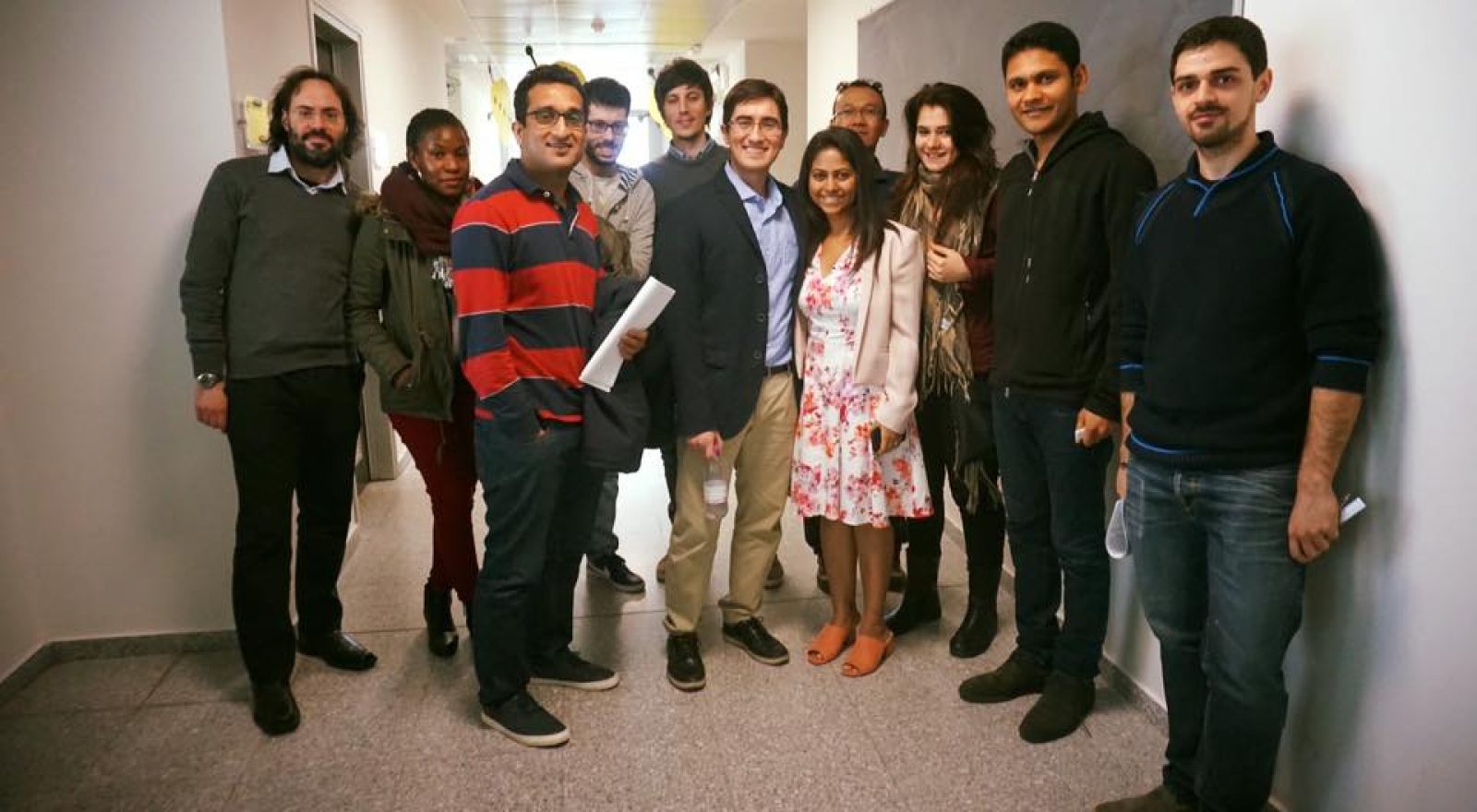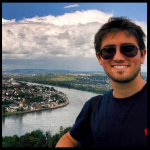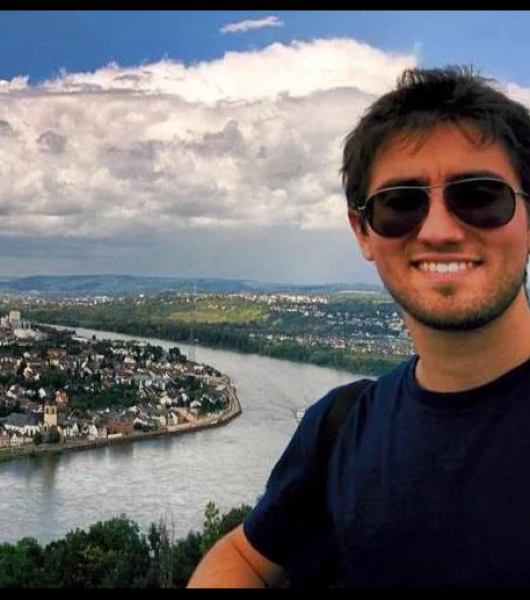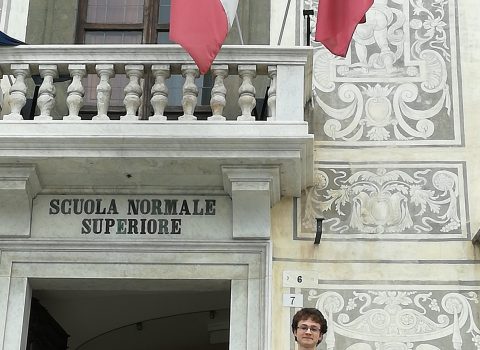Daniel Ricardo Dos Santos talks about his experience in the SECENTIS European Industrial Doctorate
I was looking for a great mix of leading academic research and industrial application
I decided to apply for the SECENTIS European Industrial Doctorate (EID) when I was finishing my masters degree in Brazil. I had a great initial experience with research during my masters and I wanted to continue researching in computer security. Due to its nature as an EID and because of the partners involved (FBK and SAP Labs France), the SECENTIS project seemed like a great mix of leading academic research and industrial application, which was exactly what I was looking for. Besides, I had always thought of doing a PhD abroad because I believe that mobility is important to broaden a researcher’s perspective and network of contacts.
I was one of five students selected for SECENTIS. The others came from India, Iran, Tunisia, and Ukraine, so we were a very international team. We were enrolled as PhD students at the University of Trento and had contracts as early stage researchers at FBK for 3 years. We also spent half of our time at SAP Labs France, in Sophia Antipolis. My role in the project was to develop techniques related to access control and run-time monitoring for workflow management systems and to apply these techniques to real-world use cases inspired by SAP.
My time and experience at FBK and SAP were invaluable both scientifically and personally. The work was challenging and engaging at all times, but I had the best mentoring and guidance from my advisors: Silvio Ranise (FBK), Luca Compagna, and Serena Ponta (SAP). I had the possibility to attend great summer schools (one of which was organized as part of the project), publish my work in top venues, and travel to many conferences to present my work and discuss with the leaders in the field. After SECENTIS ended, I was fortunate enough to be able to extend my contract at FBK for half a year, when I could expand my work in many new directions, e.g., security analysis of mobile applications in collaboration with PosteItaliane.
During the whole time, I had a lot of support from FBK’s research support unit, HR department, and welcome office, which was fundamental for the success of the project. The staff was always available and very kind. They took care of issues like trips, visas, residence permits, and language courses. After I defended my thesis and finished my PhD, I decided to move to the Netherlands to work as a postdoctoral researcher in the security group of the TU Eindhoven (TU/e). The welcome office (and especially Manuela Bacca) was crucial to allow me to move to the new country without much hassle.
I am now starting my postdoc at TU/e, where I will develop network monitoring and intrusion detection systems (as part of the CITADEL European research project).



